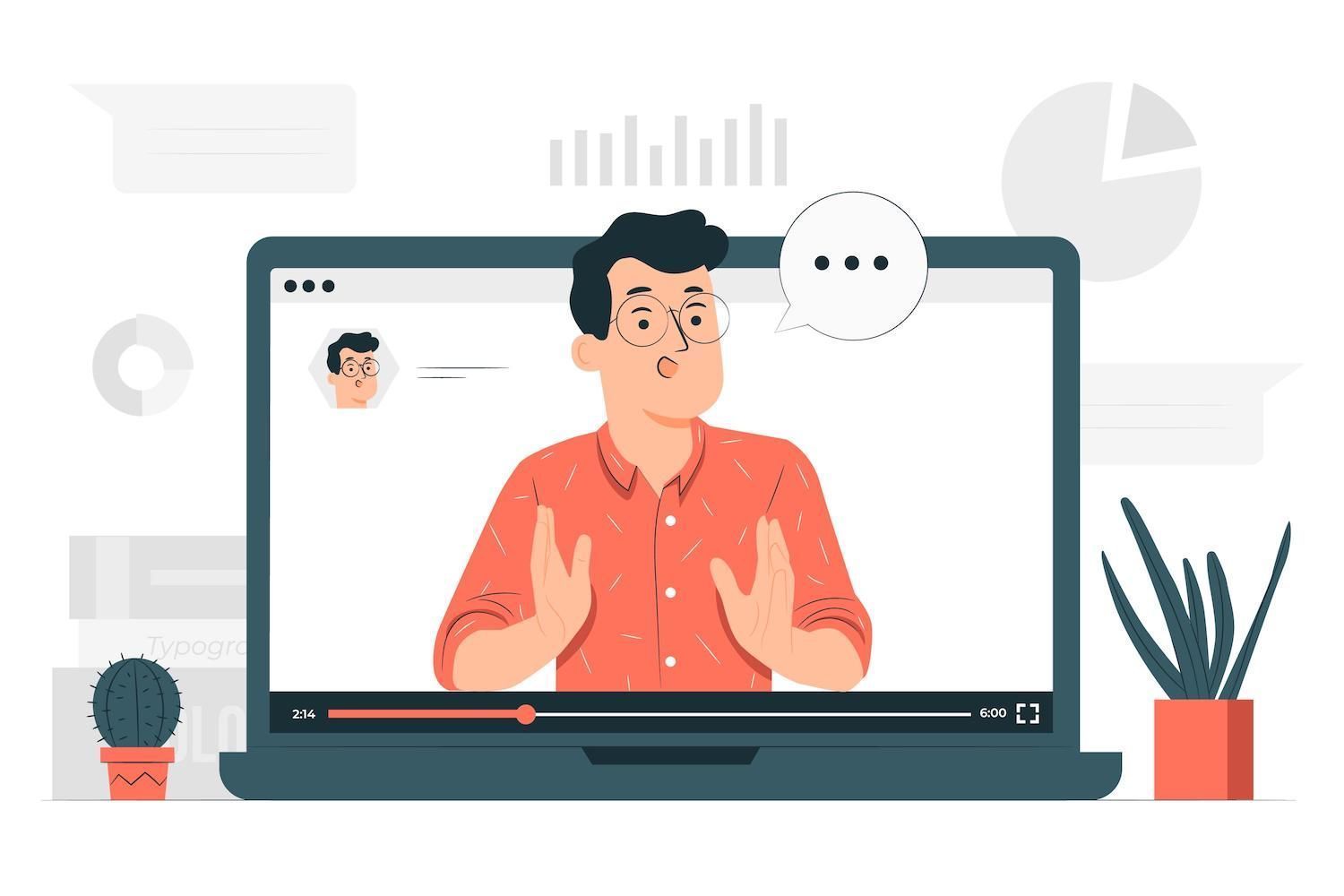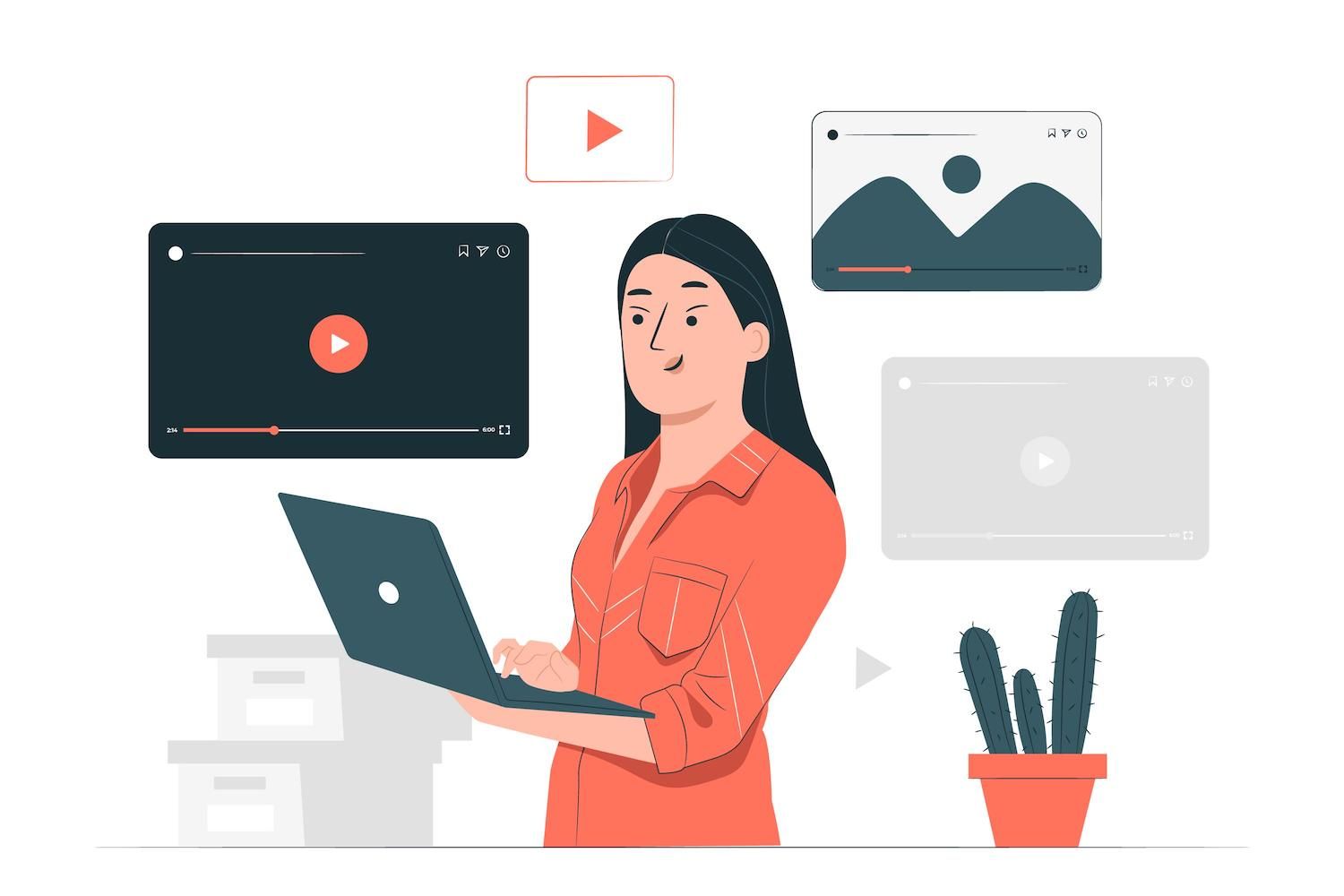What is Google Cache? Each Webmaster must be conscious of

Google's crawlers are still looking through the internet to locate the most recent and relevant sites.
If crawlers can browse a site's content and not just use it to provide outcomes in searches. They also create backups of every page and save the backups to a database known as Google Cache.
The article will provide information on Google Cache and how to test the program. We'll also discuss how Google Cache is helpful -as well as when you should be cautious about relying heavily on it.
Read our video guide on how to Google Cache
What exactly do you mean by Google Cache?
The term "Google cached" means an Google cached website that could be defined as a in-raw HTML replica of the text of a page that was deemed to be part of Google results in search. Google Cache as a whole is comprised of these backup sites.
Two main reasons for this are:
At the top of each cached page , is an advertisement which shows three options:
- The URL on the webpage that has been stored and usually is that webpage you're trying to get to. When you have a unredirected URL, it's likely that the URL might be different.
- The day on which it was initially created. It's possible to verify if the website is one that was launched within the past few days or even weeks. It's not the first time that the website was searched. we'll examine that some particulars.

What's the reason? Google Cache Is Essential
If you're a webmaster you have other motives to think about why Google Cache is crucial. You hope your site won't go down or have difficulties, however, this can occur. A cache can make the site's contents available to visitors regardless of whether the site operates in a correct method.
How do I View Google Cache
The way you access the cached Google page via the Google results from a query is contingent on the type of gadget you're using. If you're using the internet browser for your computer There are two methods of getting to the site:
- It's possible to click a hyperlink which takes one to the cached version of the webpage that appears in Google results after you are searching.
- You can direct your browser to the web page.
Mobile devices have users to choose to utilize the directly-linked URL.
Accessed page viewed via Google Search Results
If you've spotted cached websites on the results page on your search engine There is a good chance you should read about this topic since Google has changed how you find cached sites at the beginning of 2021.
For the first step, it is necessary to locate the page you would like to visit using Google. Within the center of your URL, in the search results you will be able to see three dots horizontal. When you click them, you will see a display with the phrases "About the result you got from the inquiry":

This feature is currently in the process of being evaluated in the process of the testing. This feature will allow the user to know details about the site (like its security) prior to making an action.
In the lower left of the pop-up window, you'll see the option that says"Cached" just to the left, on the right-hand side screen. Click it to open the website that's already been saved in the cache.
There are times when it is possible to not possess the savedbutton. It could be that your website was not cached. Take a look at what it is all about in a moment.
If you're using a smartphone device, there's a chance that you're unaware of the icons on every website. If that's the case continue reading to find out more about how to access pages that are cached.
Modifying the URL to allow access for access to Cached Page
To use this method, you have to be aware of the address of the web page you'd like to visit. Search for cache:website.xyz into the search box.
Like, cache:.com will direct you to the homepage of cached.
Other Viewing Tools to view Google Cache
It's not required to use any additional software to access cached sites. Google allows it to be quite simple to connect to cached websites in a native way. There are many options of programs that you can use.
along with the Google Cache and Google Cache Checker of Small SEO Tools can be used to examine the date and URLs that are cached on as many as five pages simultaneously

An examination of the older versions of a web page that use Google Cache
The webpage states that it's been cached since yesterday, but you'd prefer to access the exact page cached earlier this week. What can you do? How do you accomplish this using Google Cache?
Unfortunately, no.
Google isn't able to show the exact version of the page that was saved. For a look at previous versions of websites with software such as The Wayback Machine, which can be described as an archive of older versions of webpages.
Find out more about why that led us to make our choice!

The advantages of using Google Cache as a Website owner
However, Google Cache is difficult to beat with its efficiency and ease of use. This makes it an excellent method to look at specific areas on your website.
Five ways that you can profit from Google Cache as a website owner.
1. Verify that there is no duplicate content
It happens that you use the cached URL then land on another website than the one was thought to be on.
Spend the time looking through both pages in order to find ways to identify both pages.
2. Check that Google is adhering to the Canonical Tags
Maybe the duplicate content on your site was deliberately created. However, you've put in Canonical rel=rel=canonical tags to tell Google what version of your website that it should go to.
Go through the Google Cache version of one or more sites you wish to view. Searching should lead people to the cache on the homepage.
3. Verify if you marketing efforts Get Crawled
It's time to ramp up your SEO or create new web content. It is important to make sure that Google has indexed the change.
A quick glance at the cached copy of webpage will reveal that it's frequently visited.
4. Check for updates on the websites of Competitors
Are you curious about how we've been able to grow the number of users that visit our website by 1000 ?
Join the more than 20,000 members to get our email every week with insider WordPress tricks!
5. Get a new version of Your website
Although Google Cache isn't capable of replacing your complete backup, although the Google Cache version of your site won't substitute your backup in entirety, but it can show the state of your site prior to the catastrophe striking. Cache also allows you to retrieve old data or even codes that were taken away.
The Limits of Google Cache Google Cache
Google's cache may provide useful data, and may be helpful in the event that you notice something odd. But, Google Cache is not totally free of limitations.
Google Cache doesn't provide the Date Your Page was the previous time it Crawled
Let's get started by discussing one of the more commonly misunderstood misconceptions.
Most people think that the cache is constantly updated each time Googlebot is crawling a website. A few posts may instruct visitors to take a look at the cache to see how often your site is being searched.
The opposite is true.
The confirmation comes from John Mueller of Google told us on an online Help forum where it's called:
"In most cases it's not necessary to refresh the cached pages every time we browse the web page. For instance when the pages aren't altered substantially or require us to change them, we can keep the date when they were first used."
It's a good idea for those looking to find out more about how often that it happens, the causes of it and what robots Google use to find your website. Don't forget the cache. The information provided to users is accessible through Google Search Console. The crawl report can be accessed via the settingin the sidebar to the left.
The information is at the top of the website. Google Search Console will not provide information on how often a website is frequented.
The Web Page Could not be properly rendered
There were a couple of changes implemented to fix the issue. It is believed that Google's Web Rendering Service that renders live web pages web was built using an outdated version of Chrome. So, contemporary browsers generally render cached web pages in a different way when compared with the way Google rendered the original webpage.
From the year 2019 Google Web Rendering Service uses the latest Version of Chrome.
The incorrect page is shown. the correct one is highlighted.
In the last article we looked at how the presence of duplicate content and improper canonical tags can cause Google Cache to display the wrong webpage. It is possible that this may limit the benefit the cache can provide to locate specific websites.
Some Pages Are Not Retrieved
It might be surprising it that it is the case that the majority of sites aren't cached at all.
The general consensus is that sites which aren't cached won't be cached since Google doesn't consider it crucial, however this isn't the case. This article will explain why the website may not be cached in the future.
Where do I find my cached webpage via the Internet?
Some pages that you browse are stored in cache. If you don't see your cached webpage Do not be worried! It's not a signal that your website isn't included in the index.

If you're worried that the website isn't Indexed or not being indexed by Google, the The URL Inspector in Search Console can be able to verify.
For proof that websites that are indexed are not required to be cached, check up website of Google's John Mueller. In Twitter He responded to a question from one of his fans regarding a page that was not cached:
"We do not keep all pages we index. It's possible that they could be lost. In some cases it could be a long time or even if we don't store it or in any other way."
Additionally it is important for the user to find out if sites that were not cached were not always of poor quality. He replied:
"That could be all kinds of technical issues. There's something else going on and it's not an accurate representation of our ranking system."
Uncached pages are worth a look. There are a variety of choices to consider.
Your website is built on JavaScript
Google is much more effective in indexing websites that utilize JavaScript when compared with other sites. Most JavaScript websites don't have caches, or they aren't being indexes.
Caching can be avoided by using Meta Tags. Meta Tag
It could be that's your desire. If you were not conscious of the tag called Noindex as well as a Noarchive tag on the page Eliminating it can fix the issue that is causing the cache.
The Page has been duplicated (or Google Thinks It Is)
If Google determined that your two pages contained duplicate content, you need to find methods to separate them. Consider the various motives for search for each page.
Troubleshooting issues with your website's Cached Pages
Your website does not need to be stored in a cache. However, if you'd prefer to have it done there are some ways to go about it.
The URL of your page should be sent to Google
If you're concerned Google hasn't yet found your website in any manner then go to Google Search Console.
You can enter the URL for the page in the search bar of the URL Inspector found on the upper right-hand part of Search Console. If you receive the message "URL is displayed on Google," the page is being indexing. If your site was altered in the last few days, however you're sure if Google is able to be able to index the most current version, and want to find out, click "Request Indexing"to solicit Google to re-index it.

Check for Common Site Problems
There's a myriad reasons why your site may not be cached as are large JavaScript websites , or duplicate web pages.
How To Deleting Pages From Google Cache
We feel it is true that Google Cache is quite efficient, but you may prefer not to keep an older version of your site that is kept on Google's servers due to various reasons. There is a chance that you won't be keen in having your website's pages that have outdated content made available.
The best way to remove cached pages on your website is to utilize the tags noindex and the noarchive tags previously mentioned. They are the best option for users who need to preserve the website's content, but don't wish to keep them in cache.
You can also choose to make an inquiry to Google directly for deletion of URLs that aren't in Google Cache. To make this happen visit Google Search Console and click Removalsin the sidebar. Then click "New Requirement". There are two choices: Temporarily Remove URLand Clear Cache URL.
Temporary removal is the term used to describe the fact that the website will not appear on Google result pages for approximately six months. The website will be taken from caches , as well as taken out of the cache. The website will be indexed before being cached again (if you don't want this occurring, then it is necessary to insert a Meta label).
Clearing cached sites that are identical to the removal of cached URLs. When the cache has been removed, websites will be refreshed following being visited.
If you're looking to have an older version of your site removed, this is a great option to accomplish this. You can also make it easier for Google to improve your site's cache by making the site to be listed after you've altered the cache.
Summary
Google Cache may not be the way it seems to be. The cache can't know what your website's crawler count was in the past. This won't help to rank your website in Google or other search engine. Sometimes, the information stored by your site may be slightly odd, incomplete or even not entirely accurate.
Are there any issues left regarding Google Cache? We'd like to know your views through the comments section as well as listen to your feedback!
Cut down on the time and cost, while also improving site performance:
- Assistance is immediately available from WordPress hosting experts 24 hours 24 hours a day.
- Cloudflare Enterprise integration.
- The reach of Internet is global because of 31 data centers across the globe.
- Optimization through the integrated Performance Monitoring for the application.
The original post was posted on this site
The article was published on this site
Article was posted on here
